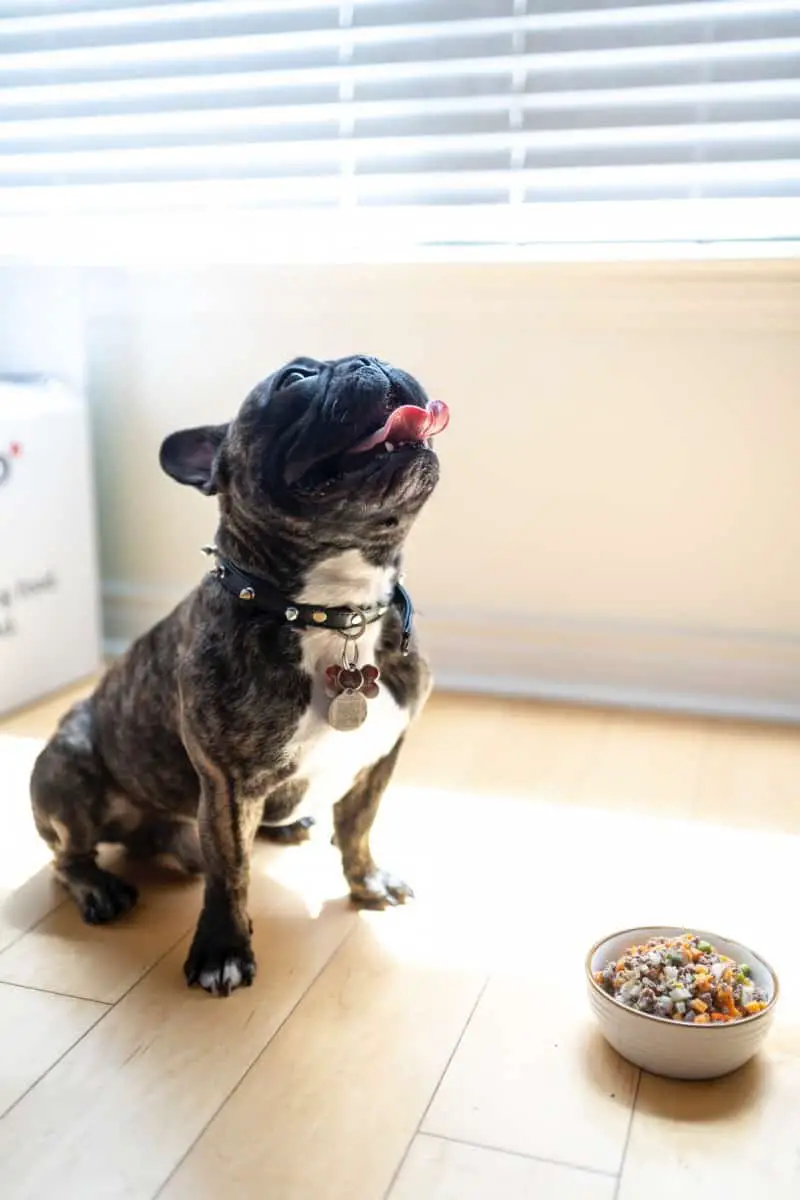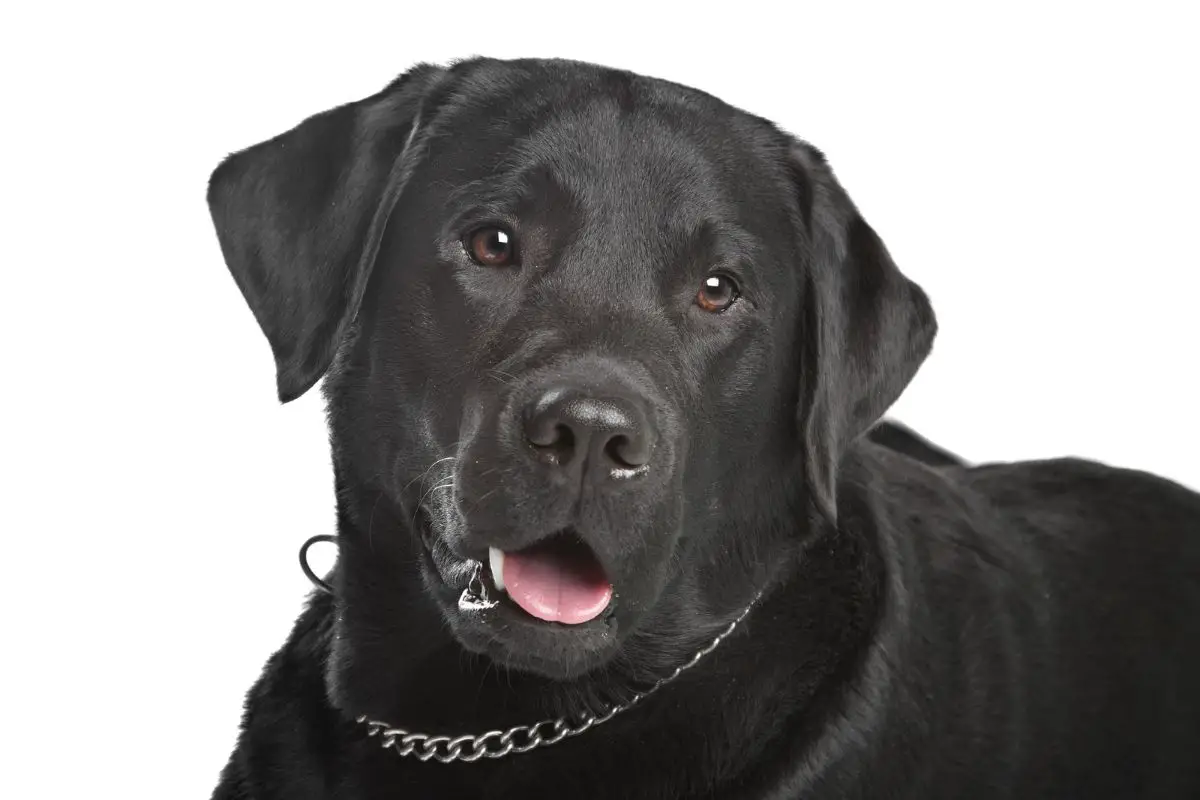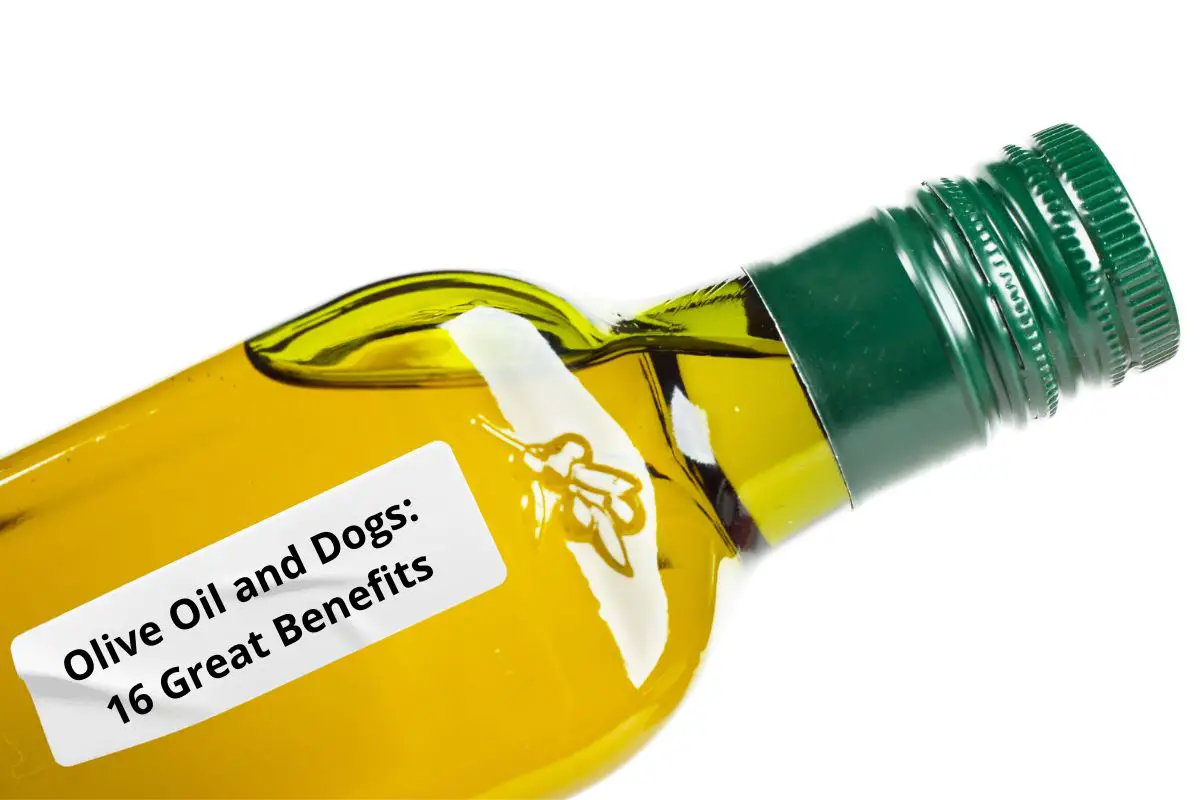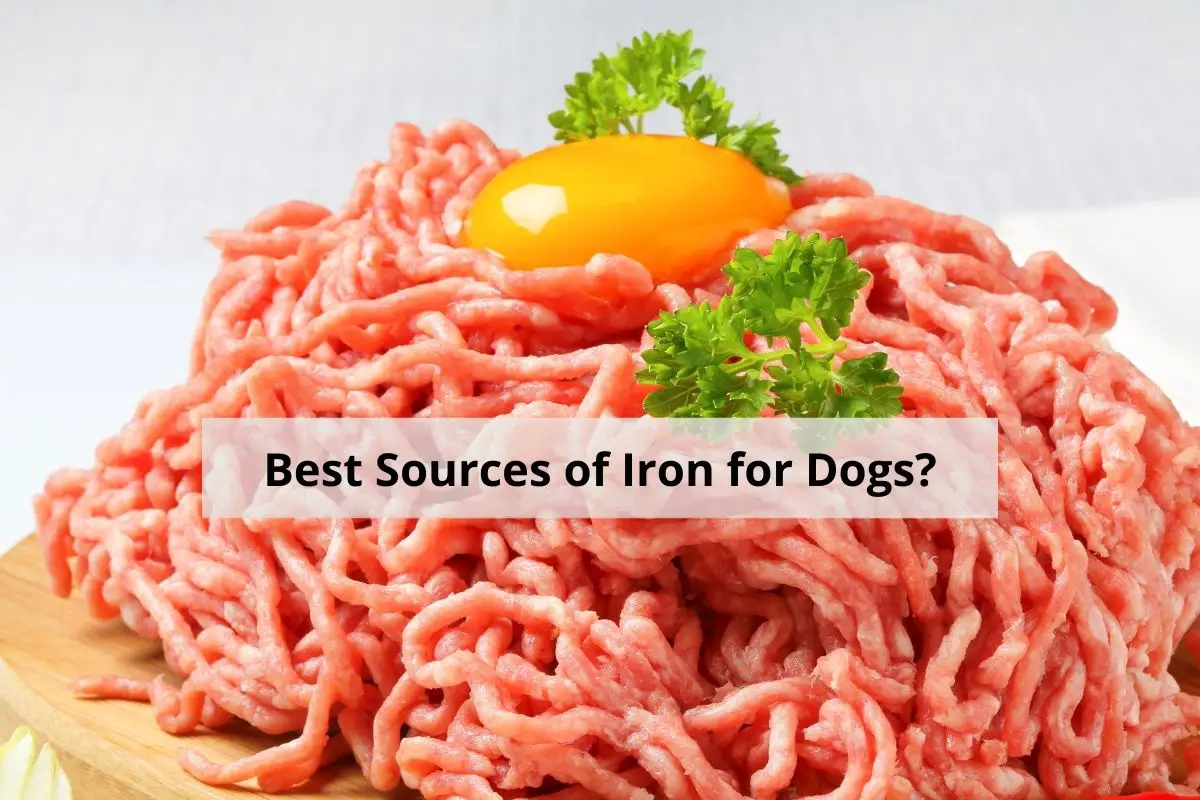This post contains affiliate links.
The thyroid gland is responsible for converting food into energy, so a properly functioning thyroid in your dog is essential for good health and general well-being. As per a veterinarian, this gland is directly associated with metabolism. The food you provide your dog can help keep their thyroid working as it should, or cause malfunction that results in further health problems.
Some dog food can cause thyroid problems over time if the food lacks nutrition or is filled with chemicals and certain preservatives. Poor nutrition can lead to a weak immune system, causing the thyroid gland to malfunction. A proper diet can help to avoid this problem.
Thyroid problems in dogs are common, but you can help control their occurrence through a proper diet. This article explains why thyroids are important in keeping your dog healthy. Additionally, it will tell you what you need to know about certain dog food ingredients that can cause thyroid problems and other health issues so you can avoid them.
Table of Contents
What Are Thyroid Problems in Dogs?
Just like in people, the thyroid glands produce a hormone that is a vital part of a dog’s metabolism that helps, among other things, to keep several different organs working properly. Thyroid problems can lead to issues with the kidneys, liver, heart, skin, and brain.
Thyroid problems are very common in dogs, and they occur when the immune system attacks the thyroid glands and causes them to malfunction. This can be seen in a few different ways, and each problem will affect every dog differently. Treatment usually requires that your dog take medication for the remainder of their life, as these problems are not curable.
The most common problem veterinarians see in a dog’s thyroid is hypothyroidism. This is when the thyroid gland does not make enough of the hormone required for proper body functioning. This type of issue can occur in all breeds.
According to Fetch by WebMD, it is more commonly found in golden retrievers, Doberman pinschers, Irish setters, dachshunds, boxers, and cocker spaniels, and often affects medium to large breed dogs during middle-age.
In contrast to hypothyroidism, hyperthyroidism is another issue. It produces too much hormone and increases metabolism to dangerous levels. Although it is often seen as a side effect of medications given to treat hypothyroidism, this problem is rare. Additionally, it is possible that thyroid tumors develop because of this, though they usually are malignant.
Common Ingredients to Avoid When Buying Dog Food
As any good veterinarian will tell you, one of the best things you can do for your dog to keep them from developing thyroid problems is to keep their immune system strong and healthy. A good immune system is in harmony with thyroid glands to keep all major body functions working. And one of the best ways to maintain a healthy immune system is through a proper diet.
Unfortunately, not all dog food companies out there are genuinely concerned with your pet’s health and well-being. Some brands contain some nasty chemical additives and other fillers that can lead to thyroid malfunction and cause serious health problems.
It’s your responsibility as an owner to know what is inside the foods you choose to feed your pet. Let’s take a look at some of the harmful things you need to look out for.
Chemicals and Fillers
Several chemical preservatives and other things are used to make the food last longer and look more appealing. But the side effects are disastrous. Here’s a table of ingredients that should be avoided that are commonly used in many dog foods and the health effects associated with their consumption.
|
Dog Food Ingredient |
Purpose for Ingredient |
Negative Associated Health Effects |
|
Butylated Hydroxyanisole (BHA) |
Preservative (keeps food from becoming rancid) |
|
|
Butylated Hydroxytoluene (BHT) |
Preservative |
|
|
Ethoxyquin aka Fish Meal (Banned in EU, still used in the US) |
Preservative |
|
|
Propylene Glycol |
Water absorbent (keeps foods semi-moist) |
|
|
Chemical Food Dyes |
Gives food accented or fake color |
|
|
Carrageenan |
Thickening and texture |
|
But chemicals and coloring aren’t all you need to worry about. Even certain food ingredients are harmful to your dog’s health.
Rendered Fat and Meat Byproducts
There are a lot of questionable things happening when it comes to these ingredients. For starters, you don’t know where the rendered fat comes, except that it’s from an animal. Furthermore, this fat comes from scraps of various slaughtered animals or what they like to call meat byproducts, generally the organs and other leftover animal parts that humans do not eat.
A major problem tied to this is that some of the companies that provide these leftovers are allowed to work under vague and loose terms defining their health codes and safety standards.
Testing has shown that many meat byproducts used in dog food contain traces of contaminants potentially deadly to your dog, including euthanasia drugs, pieces of plastics, antibiotics, and thyroid hormones.
This is only possible because many meat byproducts can come from sick or dying farm animals, dead zoo animals, roadkill, or euthanized pets from animal shelters. The animals will frequently contain harmful pathogens or chemicals that are then processed and used in your dog’s food.
Wheat Gluten, Corn, and Soy
You or someone you know may avoid one or more of these foods for health reasons, and many of those same health concerns translate to your dog’s health as well. Plus, a good amount of all three of these crops grown in the U.S. is genetically modified, and most likely are treated with chemical pesticides. Often these ingredients are used in dog food as fillers.
Beyond that, dogs are carnivores. They don’t eat these grains on their own in the wild. However, that doesn’t mean that they aren’t in their diet at all. In the circle of life, the animals a dog would eat probably ate grains and vegetables, so dogs would get and need small amounts of these foods for a balanced diet. You should discuss your dog’s needs with your veterinarian for specific diet recommendations.
Signs Your Dog May Have Thyroid Problems
If you’re worried that your dog’s food may be causing thyroid problems, it’s best to speak with your veterinarian about different feeding options. If desired, have your dog be given a professional check-up.
But there are several signs you can look for in your dog to help detect issues early. Every dog is different, and this is not meant to be a conclusive list. However, these are some of the more common signs you may notice if your dog is having thyroid problems:
- Noticeable lethargy
- Decreased desire for exercise or play
- Weight gain with normal food intake
- Mental aloofness
- Increased shedding or hair loss
- Patchy hair loss
- Hair loss around the tail
- Thickening of the skin
- Greasy or flaky skin
- A desire for warmth or intolerance to cold
- Poor hair growth
- Swollen face
Conclusion
Thyroid problems are common in dogs, so it’s important to do what you can to prevent thyroid issues. This requires providing a diet containing the nutrients your dog needs, not the chemicals and other ingredients in some foods that can cause harm. Consulting with your veterinarian and being a knowledgeable consumer and owner will help you give your dog the food they need to stay healthy.
Sources
- Fetch by WebMD: Hypothyroidism in Dogs
- PubMed: Determination of embutramide and pentobarbital in meat and bone meal by gas chromatography-mass spectrometry
- PubMed: Procedure for detecting and confirming pentobarbital residues in dog food by gas chromatography/mass spectrometry
- Springer Link: Carcinogenicity and Modification of Carcinogenic Response by Antioxidants
- Top Dog Tips: 4 Dangerous Ingredients Used in Dog Food
- American Kennel Club: Thyroid Disease in Dogs
- Top Dog Tips: Common Thyroid Problems in Dogs and What to Do About Them
- Oxford Academic: The Growing Problem of Obesity in Dogs and Cats
- Science Direct: Changes in Thyroid Function in Puppies Fed a High Iodine Commercial Diet
- Wiley Online Library: Evaluation of Thyroid Function in Obese Dogs and in Dogs Undergoing a Weight Loss Protocol
- University of Maine Digital Commons Library: A Study of the Nutritional Effect of Grains in the Diet of a Dog
- Pet MD: Manage Your Dog’s Hyperthyroidism at Home With This Simple Change
- FDA: Thyroid Hormones in Pet Food – Pet Food Industry
- Petful: Thyroid Problems in Dogs: What You Need to Know
- Paleo Plan: 12 Toxic Ingredients Lurking in Dog Food
Mrdogfood.com is a participant in the Amazon Services LLC Associates Program, an affiliate advertising program designed to provide a means for sites to earn advertising fees by advertising and linking to Amazon.com. We also participate in other affiliate programs which compensate us for referring traffic.




